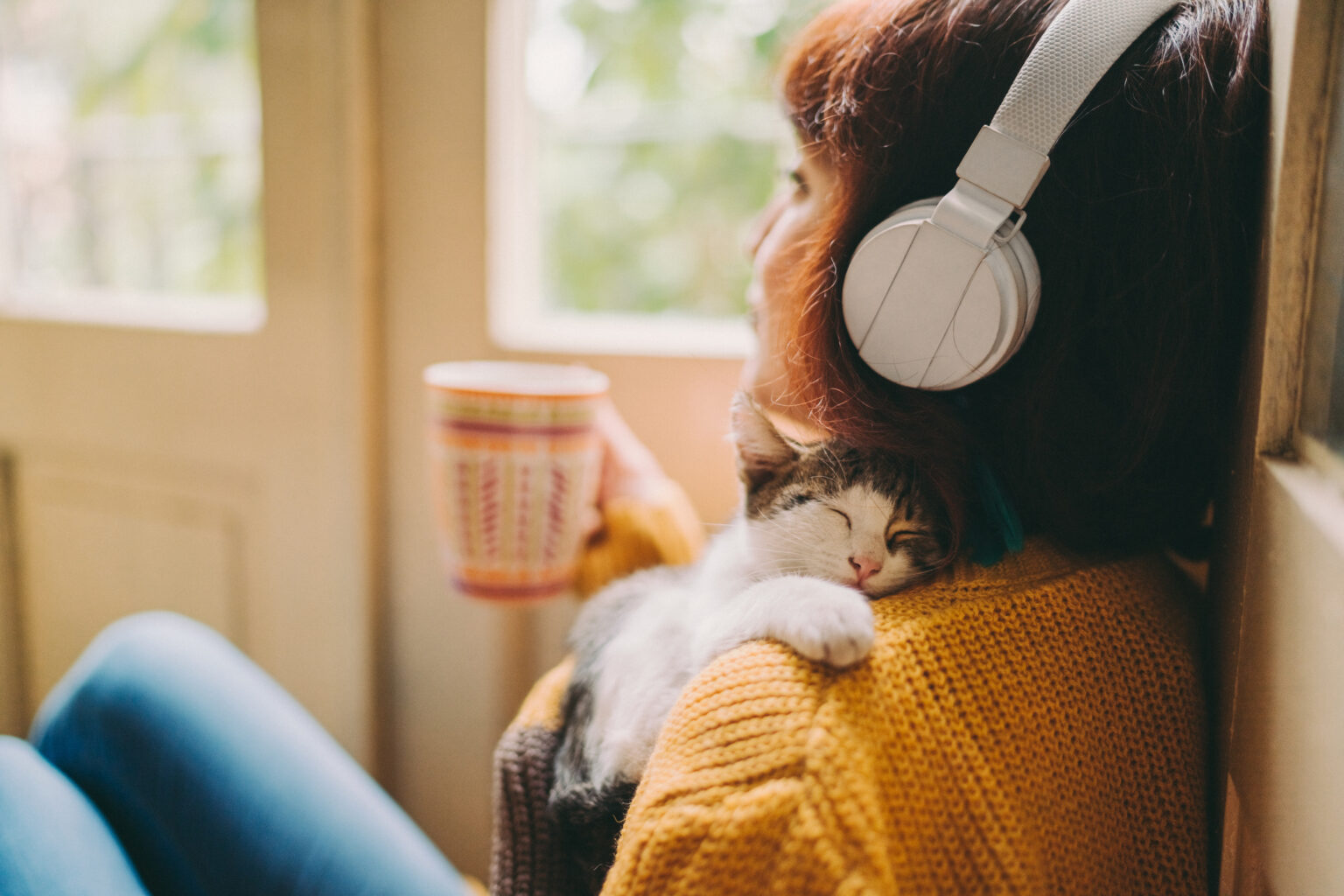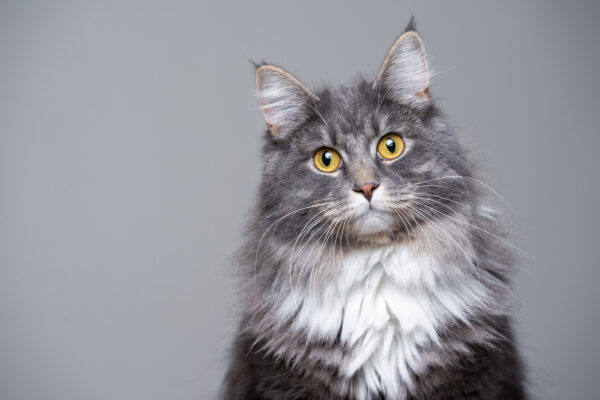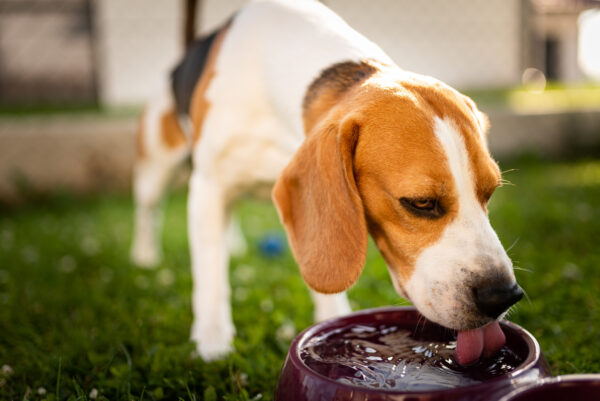Separation anxiety is a dislike of solitude which is commonly seen in cat behaviour. Signs of separation anxiety in cats may occur when the cat is separated from his owner or another companion pet with which he has a strong bond. A cat with separation anxiety may insist on being with the owner at all times, even following the owner from room to room. When the owner gets ready to leave the house, the cat may sulk and hide, or try to get between the owner and the door. When the owner returns, the cat may show an abnormally enthusiastic greeting.
What causes separation anxiety?
It is not known for sure what causes separation anxiety in cats. It has been speculated that there may be both genetic and environmental factors involved. The best prevention is to ensure your kitten is well-socialized, thereby ensuring that he will be less likely to develop behaviour problems.
Signs of feline separation anxiety:
- Over-attachment to the owner, following that person from room to room around the house.
- Distress as the owner prepares to depart (pre-departure anxiety).
- Vocalization (crying, moaning, meowing) right after the owner has left
- Anorexia – the affected cat is often too anxious to eat when left alone.
- Inappropriate elimination – often in the form of urine marking, though faecal marking may also occur.
- Stress can also be a factor in the development of recurrent cystitis, so it is important to see your vet if you notice your cat urinating little and often, and/or urinating outside of the litter-tray
- Vomiting – only in the owner’s absence.
- Excessive self-grooming. This starts as a displacement behaviour but can progress to compulsive self-grooming, if unchecked.
- Destructive behaviour –some cats may claw and scratch door edges presumably in an attempt to escape from their solitary confinement.
- Exuberant greeting behaviour
What should I do if I suspect my cat has separation anxiety?
It is wise to seek veterinary advice to make sure that your cat’s behaviour is not due to an underlying physical problem. Enriching the cat’s environment may help if no medical problems can be found, this can be achieved by means of:
- Climbing frames positioned to give the cat a good view of the outside world.
- Scratching posts
- Strategically positioned (ie. visible from a window your cat can access)
- An assortment of mobile toys enhanced with catnip
- Putting the day’s ration of kibble in an Activity ball
- Leaving the radio or television on
- Environmental pheromone therapy such as Feliway may help to reduce anxiety
Feliway
Feliway Diffuser and Refill provides comfort and reduces stress for your cat by replicating their natural pheromones. The Feliway diffuser should be placed in the room where your cat spends most of their time, and will release its scent over an area of 50 to 70 square metres. When plugged in, it’s clinically proven to create a calm environment to reduce stress and cut down on inappropriate behaviour.
Feliway may help to reduce anxiety, especially when used in combination with a natural supplement, for example:
Zylkene
Zylkene contains a natural product derived from a protein found in milk, and works to support your pet when they are feeling stressed or vulnerable. It comes in powder form, packaged in capsules which can either be fed whole or opened up to mix with your pet’s food. It is designed to be fed to your pet once a day with a meal or treat. The ingredients have a positive impact on the brain receptors, helping to soothe your pet.
Dorwest Scullcap & Valerian tablets
Dorwest Scullcap & Valerian tablets for dogs and cats is a licensed herbal medicine for the symptomatic relief of anxiety, nervousness, excitability and travel sickness, and an adjunct in the treatment of epilepsy in dogs and cats. It is invaluable to calm and relax dogs and cats suffering from excitability, apprehension, hyperactivity and phobias, such as those from fireworks, thunderstorms or gunfire
YuCALM
YuCALM Cat’s natural, scientifically proven ingredients help your cat cope with stress. It’s ideal for pets who are fearful of other cats, strangers, new family members, visits to the vet, new situations and car travel. Suitable for long-term and short-term use.
How is separation anxiety treated?
It may be possible to make the time surrounding the owner’s departure less stressful for the cat, by making some changes to the normal routine. Prior to leaving and upon returning home, the owner should ignore the cat – it is the removal of the owner’s attention that causes the stress, and therefore being focussed on the cat 100% of the time the owner is there will actually worsen the problem rather than make the cat feel more secure. Making the cat’s environment more stimulating may help, a comfortable sleeping area that allows a view from a window can provide entertainment, especially if there is a bird feeder in sight. Leaving a radio or TV on softly can be comforting and eliminate the silence. If anxiety persists, it may be necessary for your vet to try medication, or refer you to a specialist behaviourist.



